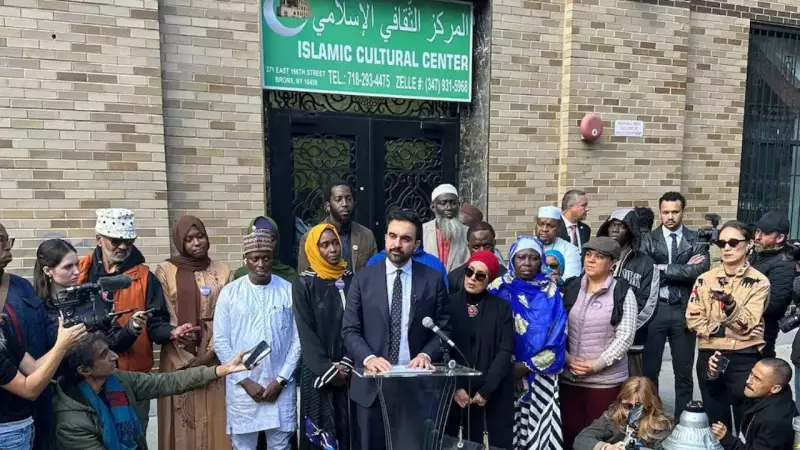
In a revealing political exchange that highlights the lasting impact of 9/11 on Muslim communities, New York State Assemblymember Zohran Mamdani has shared poignant personal experiences of how the tragedy affected his own family.
The Personal Toll of National Trauma
"After 9/11, my aunt did not feel safe in her hijab," Mamdani revealed during a significant dialogue with Muslim community members in New York. This stark admission underscores the climate of fear and discrimination that many Muslim Americans faced in the wake of the terrorist attacks.
The emotional weight of this statement resonates deeply, coming from a prominent political figure sharing his family's vulnerability during one of America's most challenging periods.
JD Vance Enters the Conversation
The discussion gained additional significance when Republican Senator JD Vance of Ohio reacted to these revelations. Vance's engagement with Muslim community concerns marks an important moment in cross-cultural political dialogue.
This interaction between progressive Democrat Mamdani and conservative Republican Vance represents a rare bridge across America's often divided political landscape, focusing on shared human experiences rather than partisan differences.
Continuing Challenges for Muslim Americans
Two decades after the 9/11 attacks, the conversation highlights how the legacy of that day continues to shape the daily lives of Muslim Americans. The simple act of wearing religious attire like the hijab remains fraught with considerations about safety and public perception.
Mamdani's personal narrative brings into sharp focus the human cost of security policies and public sentiment that emerged post-9/11, reminding us that national tragedies have long-lasting personal consequences for minority communities.
A Political Moment of Reflection
The dialogue between these contrasting political figures suggests a potential shift toward more nuanced conversations about religious freedom, security, and inclusion in American society. As Vance engages with these concerns, it signals possible new avenues for addressing Muslim American issues across party lines.
This exchange comes at a critical time when discussions about religious discrimination, immigration, and national identity remain at the forefront of American political discourse.





